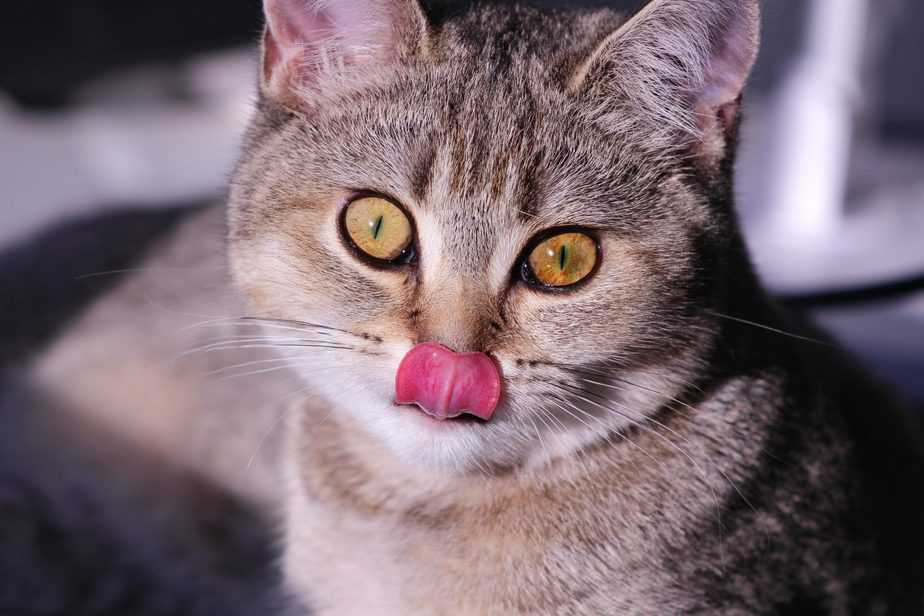Is it just me, or do cats enjoy stealing our food way too much? Whenever I’m trying to have a relaxing night in with a glass of white wine and copious amounts of seafood pasta, that furry rascal appears out of nowhere! But can cats eat oysters?
Let’s be honest, you can rarely stop your cat from doing whatever she pleases. She had her eye on your oyster spaghetti before you even noticed.
All you can do is be prepared for the next time she decides to attack. So, what do we know about oysters? Are they safe for cats?
Can cats eat oysters?
Let’s start from the beginning and learn more about oysters. Oysters are salt-water creatures that belong to the family of bivalve mollusks. They are considered a delicacy among humans because of their delicious taste.
It’s no surprise cats love oysters. Not only are they carnivores so they crave oysters as a source of protein, but they also find their taste and texture very appetizing. Cats can be pretty picky when it comes to their food, but oysters get a feline A+!
So, can cats eat oysters? The answer is: it depends.
First off, definitely make sure they’re cooked. Raw oysters are harmful to cats, but if you cook them properly, without added salt and seasoning, oysters are an excellent protein-packed treat for your furry friend.
There are various benefits and risks when it comes to feeding your cat oysters. If you’re planning on introducing oysters to your cat’s diet, make sure to consult with your vet to avoid any health complications.
But let’s keep things positive and talk about benefits first!
1. Oysters are a great source of protein
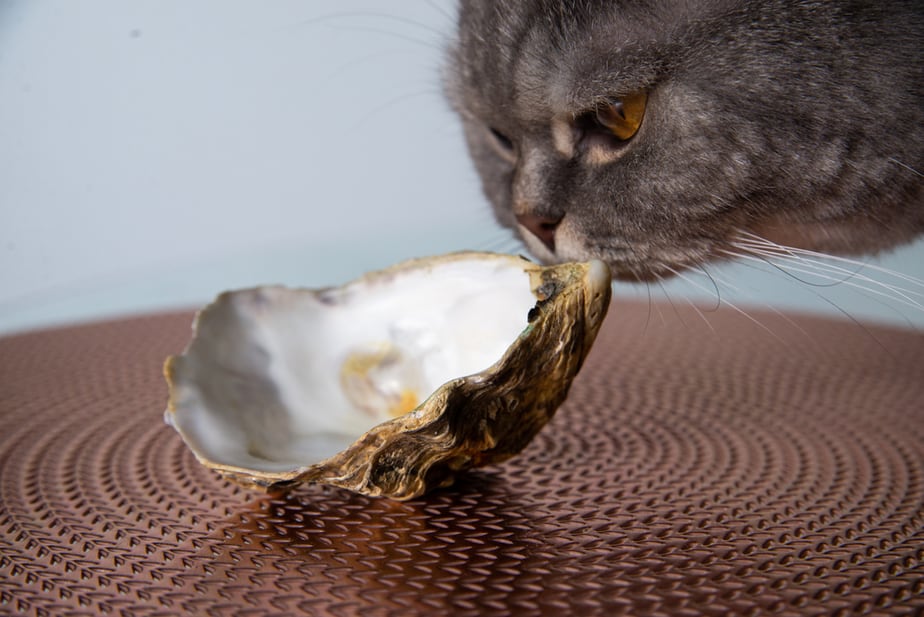
Cats can be very picky when it comes to their food. They get bored easily and resort to hunger strikes when they’re not provided with a variety of snacks to choose from.
If you’re looking for some healthy treats, you can add a couple of extra oysters next time you’re in charge of dinner. Oysters are protein-rich, making them an excellent treat for your cat.
Make sure to cook them plain – that means no seasoning or sauces – and serve them cold as to not burn your kitty’s tongue.
2. Oysters provide cats with plenty of energy
If your feline friend’s been feeling a little lethargic lately, you might want to give her some oyster treats to raise her energy levels. They’re filled with iron which helps the body transport oxygen to individual cells. This results in an energy boost.
An occasional oyster or two will help lower your cat’s blood pressure and increase circulation because of high potassium and magnesium levels. So, if you want an energetic kitty jumping around the kitchen, you might want to get hold of some fresh oysters.
3. Oysters are good for your cat’s heart
A healthy heart is a happy heart! Luckily for you, oysters are packed with omega-3 fatty acids, which are known to reduce the risk of cardiac diseases in cats. They also play an essential role in brain function, healthy growth, and development.
All these amazing benefits make oysters a great addition to your feline friend’s diet. Just make sure to cook them properly, and offer them to your cat as an occasional treat rather than a substitute meal.
Are oysters bad for cats?
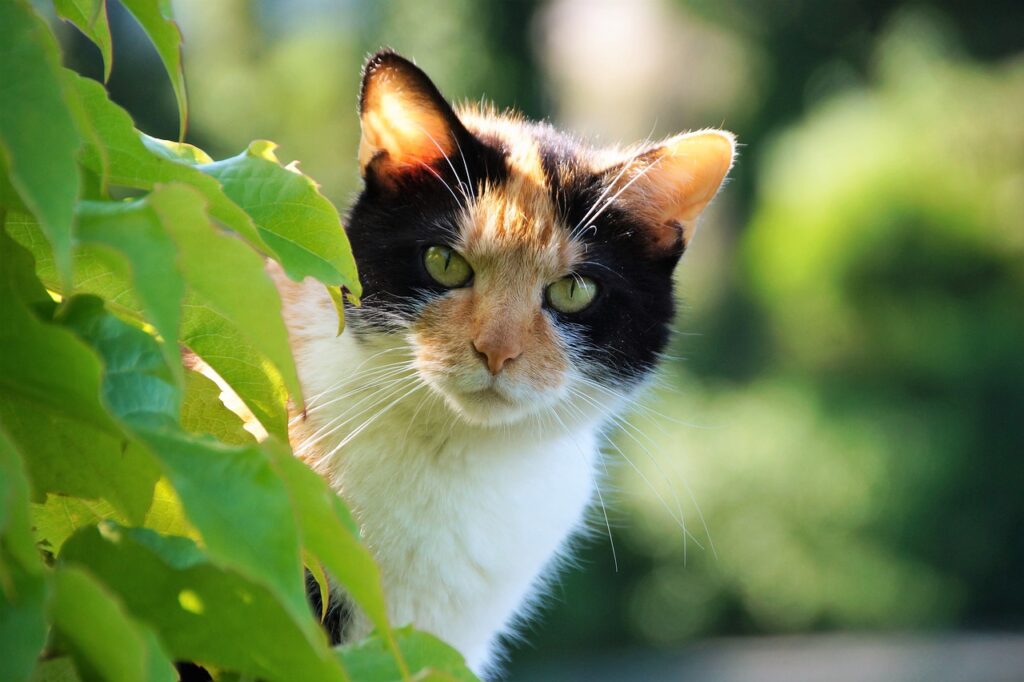
If these delicious mollusks contain so many benefits, can cats eat oysters? Unfortunately, oysters may carry a lot of health risks for cats. If not cooked properly and only fed on the odd occasion, oysters may do more harm than good.
Always consult your vet before introducing new foods to your cat’s diet. If you want to keep your feline friend happy and healthy, make sure to educate yourself on the various risks and benefits different foods can pose to your cat.
So, what are the most common risks of feeding this delicious seafood to your cat? Why should you avoid them?
1. Enzyme issues
Oysters contain enzymes that can even be harmful to humans if eaten raw or undercooked (not to mention the bacteria and parasites). Unfortunately, these enzymes are even more detrimental to your cat’s health.
They destroy thiamine in your cat’s body. Thiamine is a B vitamin necessary for cats to survive, so if your cat eats too many oysters, she’s at risk of dangerous health implications. When lacking thiamine, cats can experience neurological disorders, seizures, and even comas.
Smaller amounts of oysters shouldn’t be harmful to most cats, but it’s probably best to still avoid them. It’s not worth the risk! There are so many alternatives on the market that you’re sure to find something better for your little seafood connoisseur.
2. Allergies and food poisoning
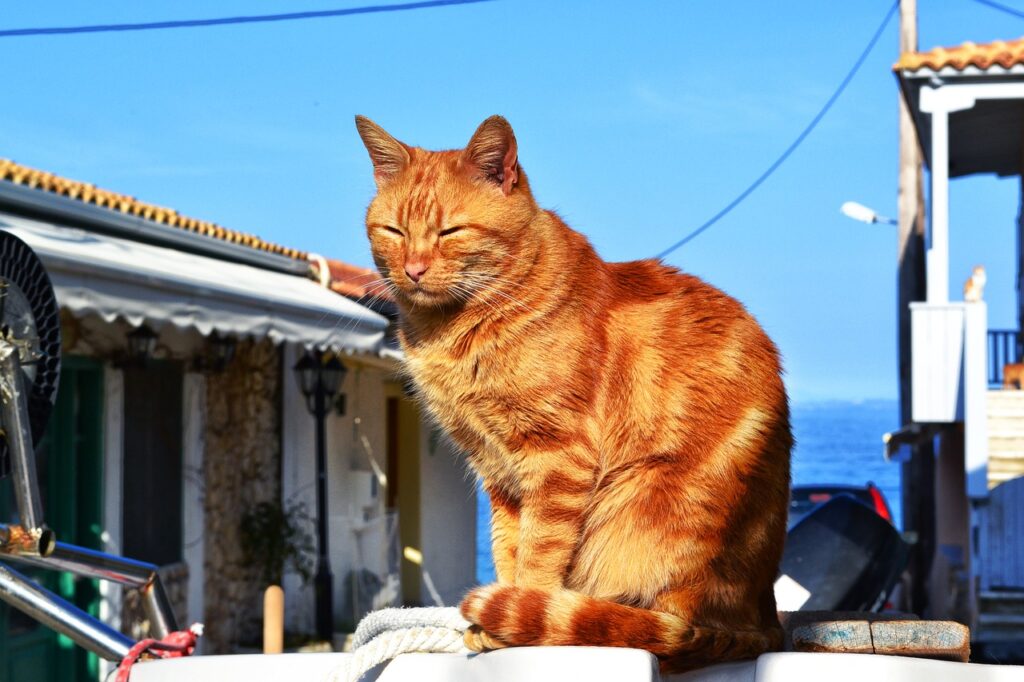
Make sure your cat isn’t allergic to seafood before introducing oysters and other mollusks. Seafood allergies are surprisingly common among cats, causing various intestinal problems. If you’re not sure whether your cat is allergic or not, chat to your vet about getting her tested.
Raw or undercooked oysters contain bacteria and parasites that can wreak havoc in your cat’s digestive system. If your cat accidentally ate a couple of oysters before you cooked them, contact your vet immediately.
Keep an eye out for the most common signs of food poisoning like vomiting, diarrhea, and upset stomach. If your cat is experiencing any of these, take her to the nearest animal emergency care center!
Can cats eat canned oysters?
Canned oysters are definitely a safer option than raw ones, but can cats eat them safely?
Nope. Unfortunately, they can’t.
Canned oysters have lower nutritional value and provide fewer health benefits. Not only that, they still contain those enzymes that are responsible for lowering thiamine levels in your cat’s body. There is pretty much no reason you would want to add canned oysters to your cat’s diet.
If your cat is a fan of seafood, canned sardines or canned tuna might be a good choice for you. You can find them in most supermarkets, just make sure to glance at the ingredients list and choose the option with the least amount of salt.
Can cats eat smoked oysters?
Smoked oysters are also better than raw oysters, but they’re still not a safe option for your cat. They still contain the same health risks, and you should avoid them if you want to keep your kitty happy and healthy.
Smoked oysters can be hard on your cat’s digestive system. They often contain high sodium levels and sulfates, making them even more harmful to your feline’s health.
It’s also important to mention that you shouldn’t feed your cat any processed meat. If you’re not sure what falls under the label “processed” just look for any meat preserved by salting, smoking, curing, or adding chemical preservatives. Trust me, your cat doesn’t want smoked oysters in her belly!
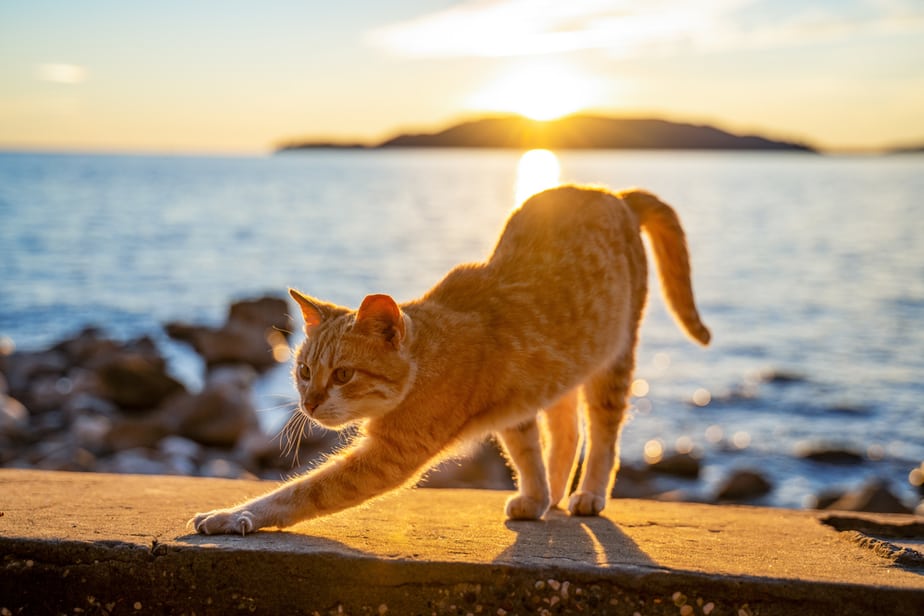
The world is your cat’s oyster, or is it?
Your feline friend might be a seafood junkie, but she should know better than to grab your undercooked oysters straight out of the pot! I think we can all agree that cats shouldn’t eat oysters.
The risks outweigh the benefits. After all, there are so many healthy seafood-based cat foods on the market that there’s no need to worry about pleasing your meower. Sneakily eating an oyster or two won’t cause any serious damage to your cat, but you shouldn’t play with fire.
So, the final verdict is in – don’t let your cat near your oyster spaghetti. Keep a bag of treats up your sleeve and I’m sure no one will get hurt!
Read more: Can Cats Eat Mussels? Everything You Need To Know!

